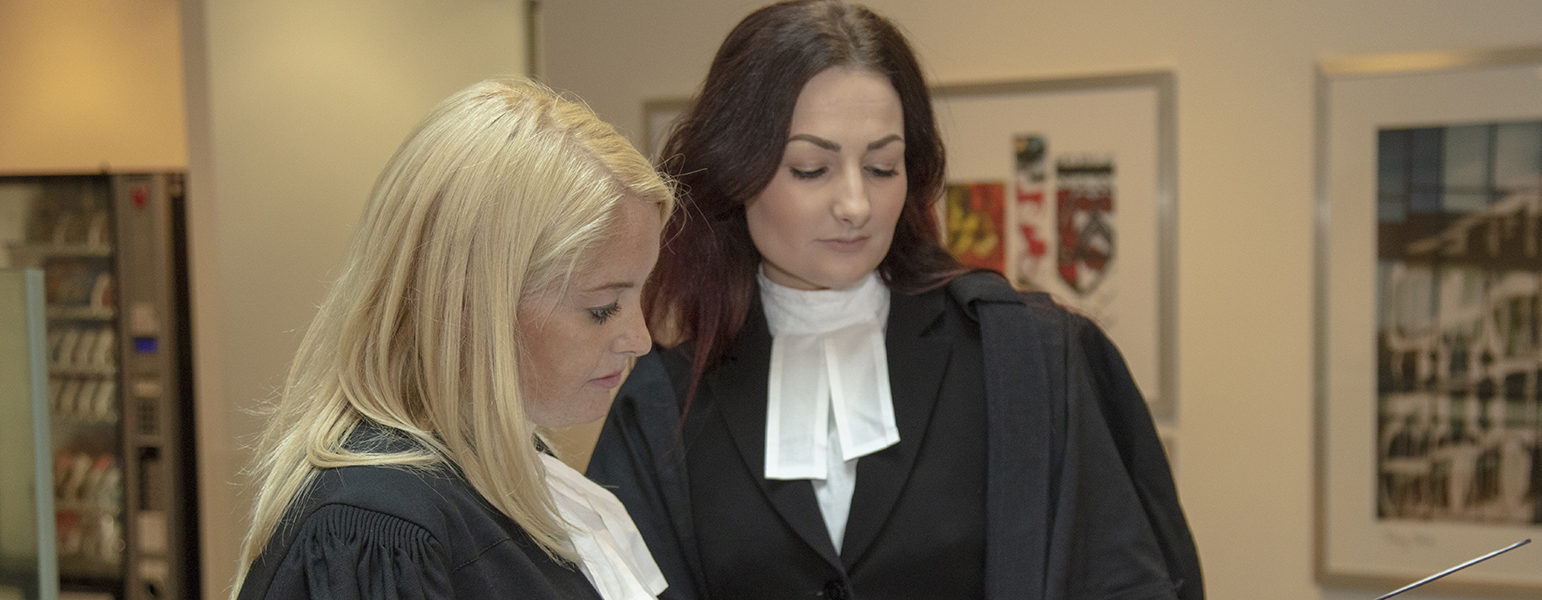Improvement in Questioning of Young Witnesses
Recognised Improvement in the Questioning of Young Witnesses
On Tuesday 26th February 2019, the NSPCC published a new report – Falling Short? A Snapshot of Young Witness Policy and Practice, written by Dame Joyce Plotnikoff and Richard Woolfson who wrote ‘Measuring up? Evaluating implementation of Government commitments to young witnesses in criminal proceedings’ (2009).
The new report exposes the fact that, whilst the policy and practice framework for young witnesses in England and Wales has improved over the last decade, provision of support is inconsistent, the result being that some children are still at risk of having negative experiences and being re-traumatised.
There are five key findings in the report which relate to safeguarding, delay, support, accountability and questioning. Most of the findings do not make for comfortable reading but it is clear that there has been real progress in terms of questioning young witnesses.
At section 1.3.5 of the report, reference is made to the national ‘Advocacy and the Vulnerable’ programme created by the ICCA and delivered by specially trained Facilitators. The reports states:
“Full credit must be given to the Inns of Court College of Advocacy (ICCA), responsible for the ‘Advocacy and the vulnerable’ course introduced in 2016. The study showed that most judges, lawyers and intermediaries thought that the tailoring of cross-examination to the understanding of individual young witnesses had improved in the last year. There is still a long way to go. The gap between the best and poorest advocacy is wider than it has ever been: the best is superb but some advocates still seem unwilling or unable to test a vulnerable witness’s evidence in ways that the witness understands.”
In a recent report on the standards of advocacy in the criminal courts, there was praise for the way in which advocates deal with vulnerable witnesses. The report states:
“A recent study based on interviews with 50 judges identified that most felt that the way advocates dealt with vulnerable witnesses was ‘largely improving’. This was attributed to experience in s.28 cases and more generally to the positive impact of ICCA training in promoting specialist skills for effective communication.”
ICCA Advice for Practitioners
It is crucial that advocates who undertake work of this nature, take steps to upskill and adopt these new and improved methods of cross-examination of children and vulnerable witnesses which are designed specifically to make for a fairer and less traumatic court experience.
Next Steps
Many advocates who have completed the ICCA’s A&V training believe it should be inculcated onto the BPTC. Plotnikoff and Woolfson’s report quotes an A&V Lead Facilitator: ‘Twenty years ago I was taught by observation. My hope is that this new approach becomes embedded. It shouldn’t be an add-on but part of the common currency of chambers – that pupils will be taught these messages, with some formal training’.
The landscape for qualification at the Bar is moving into new territory. Any new Authorised Education and Training Provider (AETO) of Bar training will need to map their Bar Professional Training Course (BPTC) to the Professional Statement for Barristers which sets out expected Competences at ‘day one of practice’. Advocates should ‘treat all people with respect and courtesy, regardless of their background or circumstances’.
Plotnikoff and Woolfson recommend at 1.5.5 that ‘new advocates should be trained in basic principles about the questioning of children and vulnerable adults and that the Bar Professional Training Course authorisation framework, and the Law Society equivalent, should incorporate these principles’.
The ICCA believes that vulnerable witness training and the cross-examination of children should form part of any BPTC Advocacy Module. Student advocates should be taught the crucial difference between a traditional and robust cross-examination and one that requires a different approach and much subtler skills of challenge.


